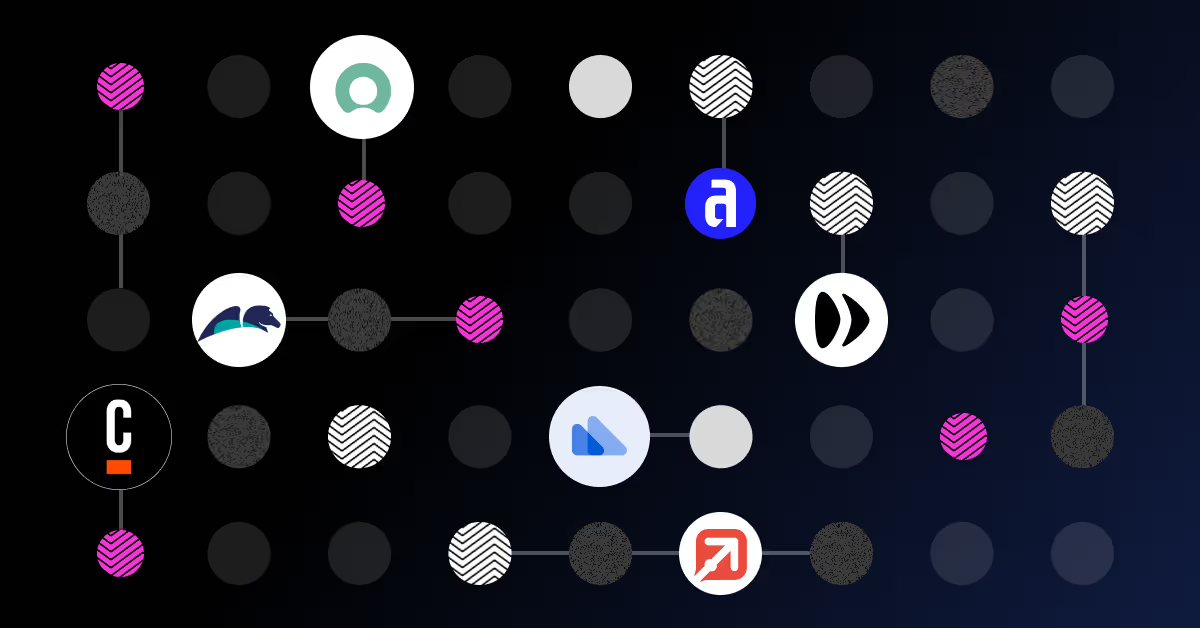Bridging the tech talent gap
.avif)
"Year on year, cyber is growing at 15%, RPA is growing 25% with a low talent pool. AI is growing at 55% with a very small talent pool." - Hays Recruitment.
We are living through an exciting new phase of automation. This brings great benefits to businesses, but as with the agricultural and industrial automation waves that came before, it will also generate a new set of problems.
As the need for low-skilled manual work declines and productivity flatlines, businesses are embracing new technologies. Consequently, the demand for highly skilled professionals in cyber security, artificial intelligence (AI) and tech has skyrocketed.
However, tech companies and departments are experiencing a scarcity of talent in many roles, so the big question is: how do they make up for the shortfall in the years to come?
We’re going to discuss the main causes of the IT talent gap and the ways in which organizations can combat the ongoing skills shortage.
The technology skills shortage
If you work in the tech field, the chances are you’ve encountered difficulties filling essential vacancies - and you’re not alone.
A survey by Robert Walters found that 71% of technology professionals expected skills shortages from a moderate to greater extent in the years to come, with the most acute shortages expected at mid-management level.
Among the challenges employers are encountering during the recruitment process are candidates lacking in experience (56%) and candidates’ salary expectations being too high (34%).
But why is this the case? There is not one reason, but a complicated set of factors that have brought us to this stage.
Why are there gaps in technology talent?
The first factor to consider is education. The UK’s education system is not producing enough graduates with the necessary tech skills to meet demand in the sector.
To compound the issue, UK businesses have taken insufficient action to encourage young people into the tech field. Greater investment and promotion is required, through initiatives such as corporate training programs and apprenticeships.
Another contributing element is the limitations of the UK’s immigration system. This makes it difficult to recruit great candidates from overseas, forcing businesses to rely too heavily on a restricted domestic talent pool.
What’s more, those who are qualified for these roles are in big demand. As such, they can command high salaries which price out many businesses, especially start-ups.

The most in-demand tech jobs
The skills shortage is impacting the whole sector, but these are the roles that are in the shortest supply.
- Data scientists. As companies turn to data to help them to make data-driven business decisions, these candidates are increasingly in demand.
- Machine learning engineers. They are integral to AI projects and there’s already too few skilled engineers to fill vacancies.
- Software developers. Digital transformation is impacting every industry and software developers have never been more sought after.
- Business intelligence developer. Alongside AI, the rise of Business Intelligence (BI) has triggered a big surge in recruitment.
- Cyber security professionals. The threat of cyber-attacks remains a critical concern for businesses and the need for skilled candidates is high.
Recruiting the right talent
Employers are dealing with a candidate’s market. Alongside a lucrative salary, tech professionals have other priorities. This is what you need to offer in order to attract and retain top talent:
- Flexibility. For many people, remote working is now non-negotiable. Plus, the wider you can cast your net, the greater your chances of success.
- A healthy work/life balance. Burning the midnight oil is not for everyone. If given the choice, candidates will likely opt for a more forgiving workload.
- Tech for good. A company with altruistic ideals will naturally attract those who value caring about the work they do.
- Interesting work. Offering greater autonomy and diverse work can be a big draw, whereas repetitive work is likely to be a turn-off.
- The four-day work week. Successful trials across the globe show that it doesn’t decrease productivity, but avoids burnout and reduces sick days.
Rethink your hiring process.
If your current recruitment channels are not bringing the right talent to the table, it’s time to try a different angle. A popular option to counter the automation skills shortage is nearshore outsourcing.
This enables you to work with professionals in nearby countries. The main benefits are a wider talent pool to pick from and their location in a similar time zone, so online meeting times are unaffected by the geographical distance.
Another point to consider is that women are still under-represented in tech. Initiating programs to attract more women into these roles will help increase diversity and fill the skills gap. Consider implementing gender-based training programs, as well as prioritizing transferable skills over experience.
Upskilling and retraining the rest of the workforce
If the present situation persists, just 20% of the workforce looks set to reap the benefits of automation. This group will see their salaries soar, but the impact of this will mean that wage inequality will greatly increase. In fact, a study by Bain & Company predicts that 80% of workers will be affected through wage suppression and job loss.
An essential step in bridging the talent gap and mitigating this impact is to upskill or retrain your current workforce. Here are number of ways to automate in an ethical way that protects your team:
- Focus on automating for efficiency, not on decreasing headcount.
- If an employee’s job is at risk of automation, offer to retrain them for a different role.
- Upskill your current employees and give them the opportunity to pivot roles.
- Over 3 million students and early retirees are currently voluntarily unemployed. Look at ways to encourage them into automation and tech careers.
The rise of citizen development
Citizen development is the practice of using cloud-based platforms which enable non-IT professionals to develop software. This easy drag-and-drop technology empowers people without coding knowledge to build simple applications.
Utilizing this technology allows businesses to create low-code or no-code jobs, opening up the field to far more candidates. Their transferable skills can make them valuable additions to the workforce, even without specialist coding knowledge.

About Enate
Enate is a no-code platform designed to help today’s businesses manage and streamline operations to work more efficiently. Solve tickets, automate repetitive tasks, communicate and get real-time insights using one end-to-end platform. Enate wraps around your current tech stack and anyone in your business can be trained to use its drag-and-drop technology to build workflows and help you work smarter and faster.




